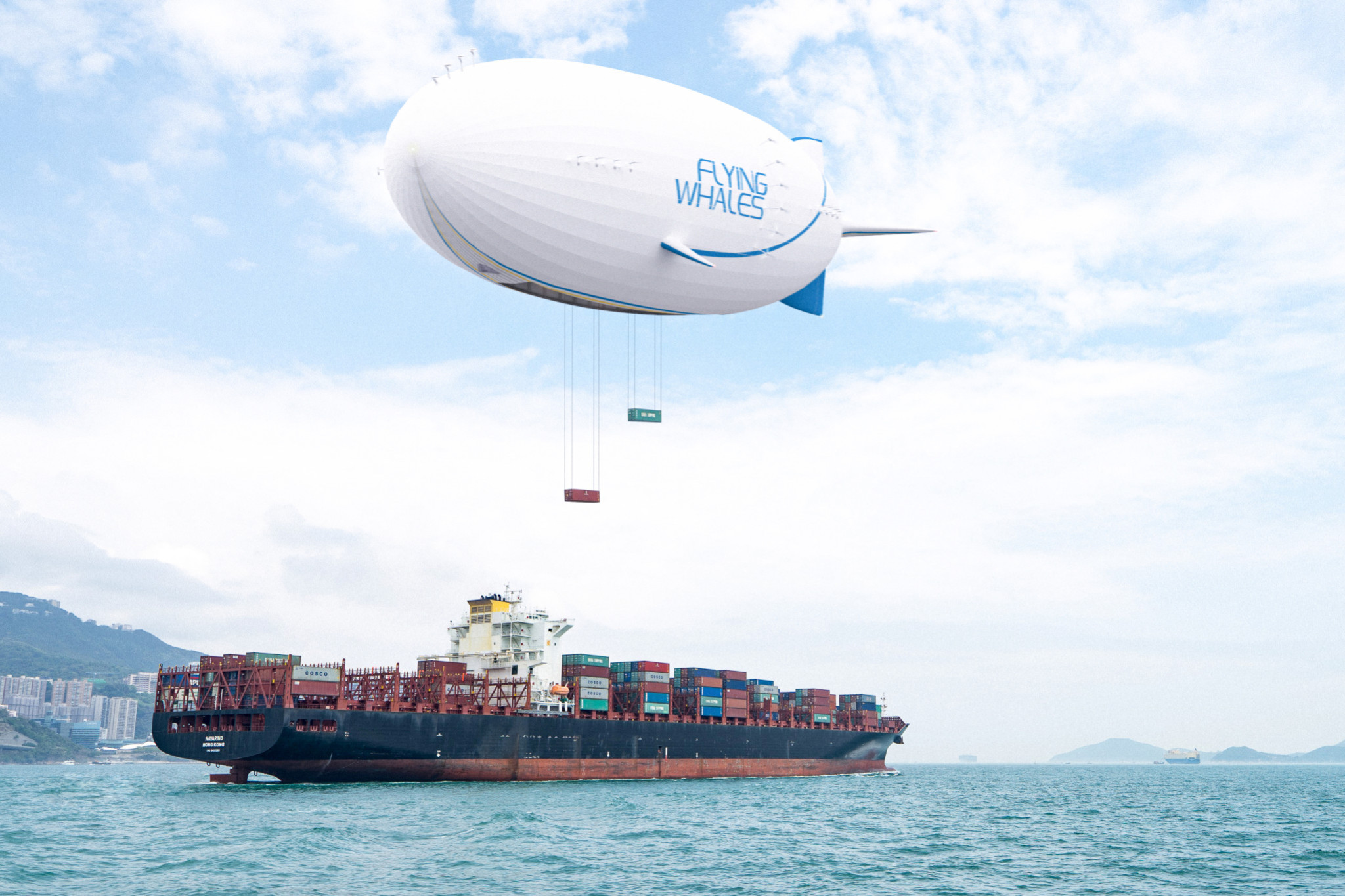Business
30 October, 2024
CASA unlikely to be a problem for Flying Whales, says aviation expert
Getting regulatory approval won't be the biggest hurdle, says Keith Tonkin.

A leading aviation expert forecasts smooth sailing for the Flying Whales airship freight network as it seeks the necessary Australian regulatory approvals to get the company off the ground.
However, Aviation Projects managing director Keith Tonkin believes the greatest challenge that the Flying Whales’ consortium will face is convincing customers to move freight off the roads.
As reported by North West Weekly, a French-Canadian consortium has selected Mount Isa to be the first airbase constructed for its proposed international network of helium-fuelled airships that aim to revolutionise heavy freight transportation.
While Mount Isa City Council (MICC) believes the airbase would be a boon for its economic diversification strategy, the construction of the Flying Whales port is dependent on a range of factors, including the company securing financial support from state and federal government.
MICC will also require state and federal funds to construct the Australian Critical Minerals Industrial Precinct (ACMIP) that will house the airbase.
Despite having the support of some of the biggest global aviation businesses, Flying Whales is also yet to conduct its first manned flights as well as seek the necessary international aviation safety approvals, including from Australia’s Civil Aviation Safety Authority (CASA).
Brisbane-based aviation consultant Keith Tonkin, who has flown planes for the Royal Australian Air Force and Qantas, is licensed to carry out aerodrome safety inspections for CASA and believes the necessary Australian regulatory approvals will not be difficult for the company once it is approved in its first location in France.
“The French civil aviation authority would approve that aircraft (Flying Whales) for operation and provide a certificate of airworthiness – CASA will most likely look at the aircraft’s airworthiness approvals from other parts of the world and approve them in Australia as they are,” he said.
“When you are developing new technology such as this it takes a bit longer than expected but it seems the idea is feasible, so I don’t think the cost will be in gaining Australian approvals – it will be in building the airships and getting them approved in the initial areas, such as France.”
Mr Tonkin said constructing an airbase was also not a challenging prospect.
“Every time there is a new major project, the mining industry builds airbases in Australia, so there is already a lot of that type of activity going on,” he said.
“An airbase for this type of aircraft (Flying Whales) is obviously unique, though.”
Mr Tonkin said there was currently a global race to introduce new aviation technologies as the industry aimed to decarbonise by 2050, but he believed the greatest challenge for Flying Whales would be securing early adopter customers that were willing to remove freight from the road network and experiment with the Flying Whales.
“It is hard to find a way to fuel the bigger aircraft such as the A380; they are not going to be electric. There are a range of technologies under development and being discussed – and blimps are among these,” he said.
“The physical size of these blimps has problems with manoeuvrability and there has been worldwide shortages of helium, which needs to be taken into consideration.
“But if you already have road access – the Flying Whale appears to be able to carry about the same as a three-trailer road train – so if you have road access between the points you want to deliver the gear, then a truck is probably going to be more cost effective than flying one of these.
“This is going to be the company’s major challenge.”
A spokesperson for CASA confirmed to North West Weekly that there had only been initial discussions between Flying Whale representatives and the Australian aviation regulator.
It said the consortium was yet to lodge a formal application for any approvals.